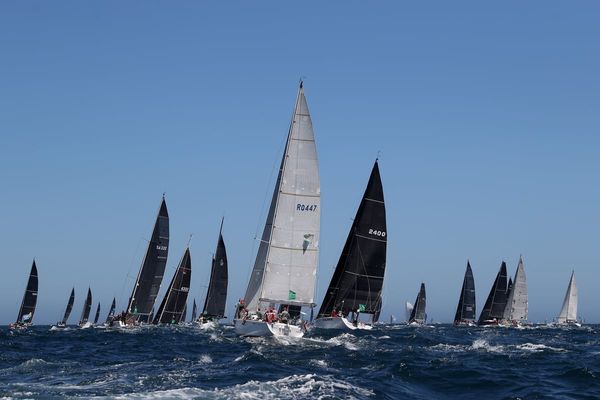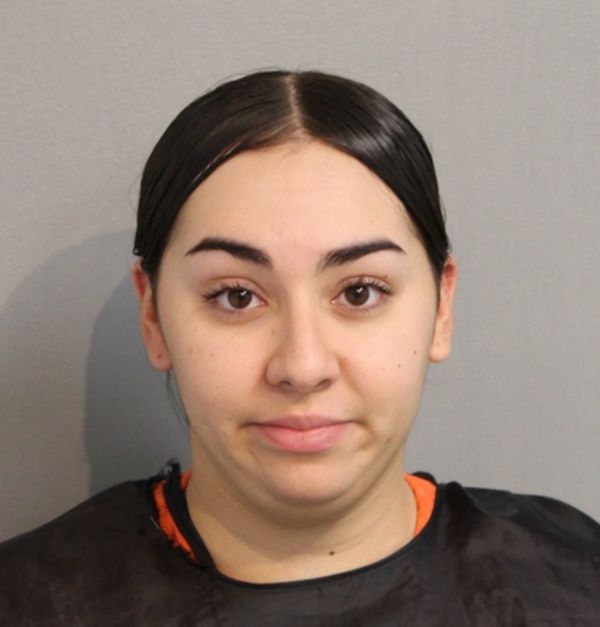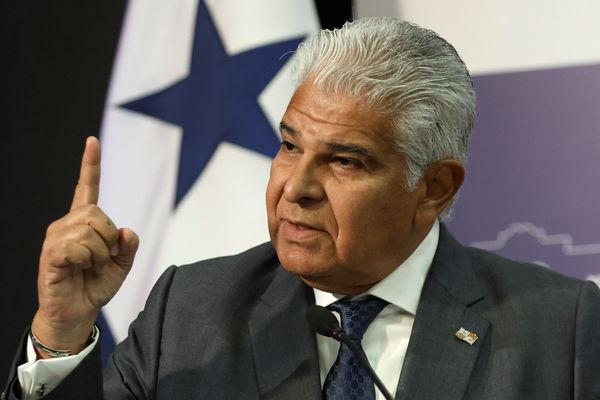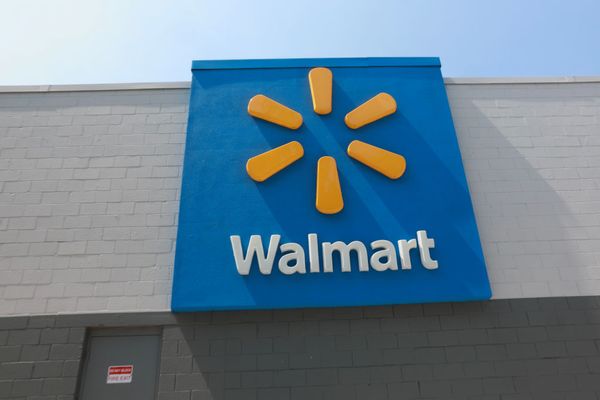The S&P 500 may have only recently entered a bear market, but the biotech sector has been reeling in one for most of 2022.
Although many biotech stocks have tumbled 50% or more since the beginning of the year, most of the pain was deserved. Momentum pushed too many companies in the sector to unsustainable and unrealistic valuations last year – and the bill always comes due.
Despite the carnage, investors should be comforted knowing de-risking events still dictate valuations in time frames that matter. If you think a drug developer you own has fallen too far, then you may be proven right. But the key difference between 2021 and 2022 is that now companies have to earn it.
Day One Biopharmaceuticals (DAWN) perfectly illustrates this simple truth. Shares of the precommercial drug developer entered June down 60% year to date, but more than doubled after announcing promising data for an experimental brain cancer treatment. What's needed to push shares even higher?
These Data Earned a Higher Valuation
A de-risking event in the context of drug development is a development, regulatory, or commercial milestone that changes the amount of certainty – for better or worse – facing a business. Analysts may estimate a company's fair value by penciling in the likelihood of achieving a certain outcome, but official announcements of clinical trial data, discussions with regulators, or changes in the competitive landscape determine if an eraser or permanent marker is grabbed next.
Day One Biopharmaceuticals is developing a treatment for pediatric low-grade glioma (pLGG), the most common form of childhood brain cancer affecting an estimated 26,000 individuals total with 1,100 new diagnoses each year. There are no approved treatments primarily due to the complexity of the malignancy. The tumors are driven by genetic mutations that can be difficult to target, while developing drugs that can safely cross the body's protective blood-brain barrier presents other challenges.
Early results from an ongoing Phase 1 clinical trial suggest the company is on the right path to developing the first treatment option for patients. Known by its chemical name tovorafenib ("Tovo"), the drug candidate was designed to be taken orally, whack specific genetic mutations, and travel deep into the brain. Preliminary data show:
- Roughly 64% of individuals (14/22) achieved a partial response, defined as tumor shrinkage of at least 50%.
- Roughly 91% of individuals (20/22) achieved clinical benefit, defined as any amount of tumor shrinkage.
These results are even more impressive than they seem. Of the 25 total patients in this part of the Phase 1 clinical trial, 80% had received at least two prior treatments, including 56% that had received three or more. Individuals who have relapsed or failed to respond to previous treatments are generally more difficult to treat, which makes the response rates stand out.
It gets even better. Day One Biopharmaceuticals said all 14 patients who achieved a partial response remained on treatment. The duration of treatment at the time of the data cutoff ranged from six months to 11 months -- all of which were ongoing. That suggests Tovo is well tolerated. In fact, not a single patient had to discontinue therapy due to adverse events. If side effects don't interfere with treatment, then there's a better chance tumors will shrink even more over time. It also suggests Tovo isn't causing tumors to mutate, which can open up additional treatment options for patients. Precision medicine for the win.
What's Next for Day One?
Day One Biopharmaceuticals earned a roughly $900 million market valuation based on these promising data for Tovo. Although the company began 2022 valued at over $1 billion, it now has the data to back up the valuation. The next readout will determine if the company gets to keep it.
A larger study now underway will gather data from 60 patients. The U.S. Food and Drug Administration (FDA) has agreed to consider Tovo for approval based on this study alone, but only in pLGG patients that have relapsed on other treatments. Management expects to announce results in Q1 2023 and file for approval as soon as the first half of 2023.
Considering the initial results were from only 22 evaluable patients, investors need to be reasonably cautious. Roughly tripling the number of patients in the expanded study could make future results less impressive. It's realistic to expect the response rates to decline from the recently-reported figures. Nonetheless, the tolerability profile alone helps to increase confidence the next data readout could meet the high bar set earlier.
The company also plans to begin a much larger clinical trial later this year to see if Tovo can be used as the first-line treatment option in this common brain cancer. The 400-patient study will require significant resources to complete and will compare the experimental therapy to established chemotherapy regimens, making for a more challenging comparison. However, a successful outcome would position Tovo as the default treatment for thousands of patients with pLGG.
There's an opportunity to deliver even more upside by studying Tovo as a treatment in other cancers driven by the same genetic mutations as pLGG, which the company plans to do soon. Promising data in different cancers could help bolster the case for an acquisition, too.
For now, investors should remain patient without getting too carried away. Day One Biopharmaceuticals delivered encouraging data from its lead drug candidate and should end June with nearly $400 million in cash, which is enough to fund operations for roughly three years. But the central rule of biotech investing still holds: De-risking events determine valuations in the long run. To go even higher, the precommercial drug developer will need to earn it.







